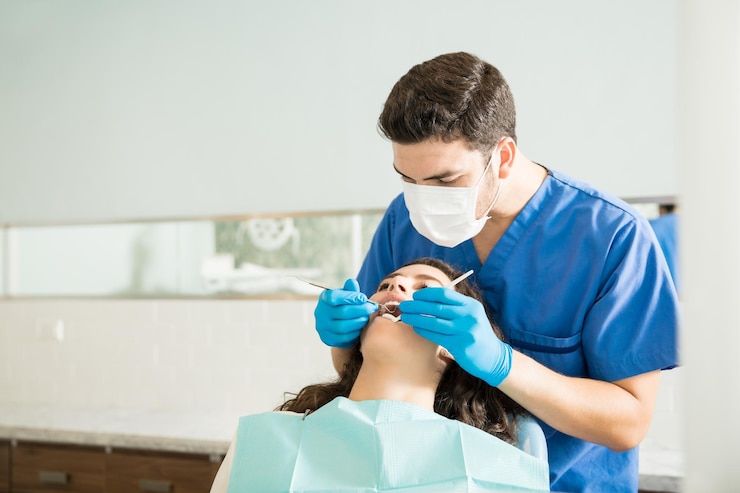How To Get Licence In UAE as Dentist
A Pakistani dentist is eligible to apply for a license to practice in the UAE. However, the UAE has a decentralized healthcare regulatory system, meaning there isn’t one single license for the entire country. Instead, you’ll need to obtain a license from one of the following health authorities, depending on which emirate you intend to work in
There are 3 Authorities
Dubai Health Authority (DHA): For practicing in Dubai.
Department of Health (DOH) – formerly HAAD: For practicing in Abu Dhabi and Al Ain.
Ministry of Health and Prevention (MOHAP/MOH): For practicing in the Northern Emirates (Sharjah, Ajman, Umm Al Quwain, Ras Al Khaimah, Fujairah).
Steep-by-Step Guide:
Meet the Basic Eligibility Criteria
Educational Qualification: You must hold a Bachelor of Dental Surgery (BDS) or an equivalent degree from a recognized dental school listed in the Avicenna database (formerly WHO directory of medical and dental schools).
Internship: Completion of a mandatory one-year internship (house job) after graduation.
Clinical Experience:
General Dentist: Typically, a minimum of 2 years of post-internship clinical experience is required for DHA and DOH/HAAD. MOHAP also requires 2 years of experience after internship. If you don’t have documented internship evidence, you might need an additional two years of clinical experience.
Specialist/Consultant: Requirements vary based on the specialty and authority but generally require a recognized postgraduate qualification (e.g., MDS) and specific years of experience in that specialty (e.g., 2-4 years post-specialization).
No Interruption in Practice: Generally, no interruption in clinical practice for more than 2 years. If there’s a gap, you might need to undertake a supervised training period or acquire additional CME/CPD credits.
English Language Proficiency: While not always a specific exam requirement for the license itself (unlike Western countries), you are expected to be proficient in English for effective communication in a multicultural healthcare environment.
Pass the Licensing Examination
Computer-Based Test (CBT): All three authorities (DHA, DOH/HAAD, MOHAP) require you to pass a computer-based multiple-choice question (MCQ) exam, typically administered by Prometric.
DHA Exam: Specific to Dubai. Usually 150 MCQs, 170 minutes. Passing score varies but is generally around 60%.
DOH (HAAD) Exam: Specific to Abu Dhabi and Al Ain. Usually 150 MCQs, 3 hours. Passing score around 65%.
MOHAP Exam: For the Northern Emirates. Usually 150 MCQs, 3 hours. Passing score around 60%.
Oral Assessment (sometimes required): In some cases, especially for certain specialties or if there are concerns after the CBT, an oral assessment (viva) might be required.
Exam Content: The exams cover a broad range of dental subjects, including restorative dentistry, oral medicine/surgery, periodontics, pharmacology, ethics, and basic sciences.
Exam Locations: Prometric centers are available worldwide, so you may be able to take the exam in your home country or a nearby location. However, confirming with Prometric and the specific UAE authority is essential.
Once employed, your license will be activated, allowing you to legally practice.
In Summery:
The process in the UAE is systematic and generally considered more streamlined for foreign-trained professionals compared to some Western countries, partly due to the high demand for healthcare professionals. However, it still requires diligent preparation, accurate documentation, and patience.
CONTACT
MAHMOOD SALEEM
Advocate High Court
Immigration Consultant
Call 0321-4314001
WhatsApp 0333-5769655
